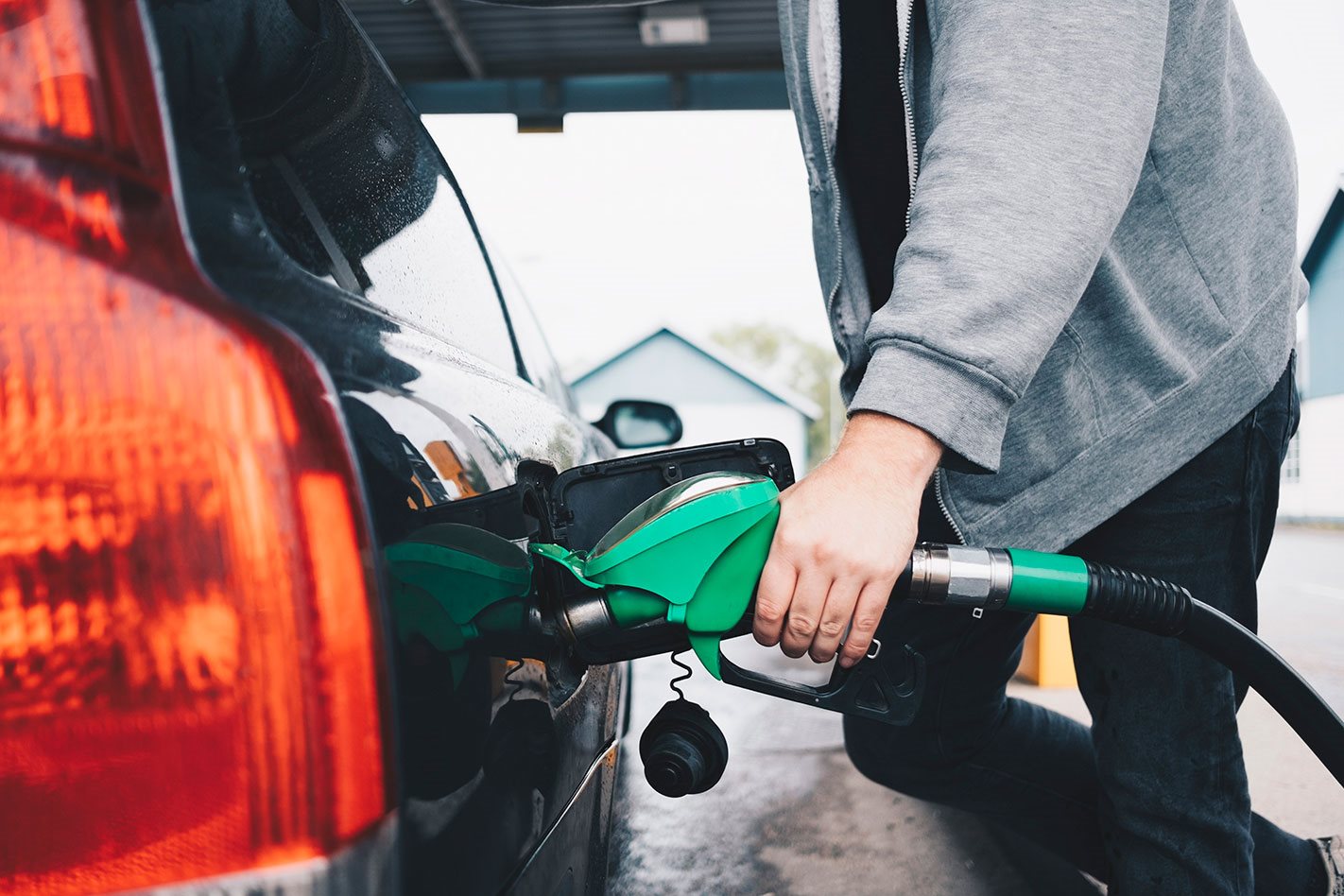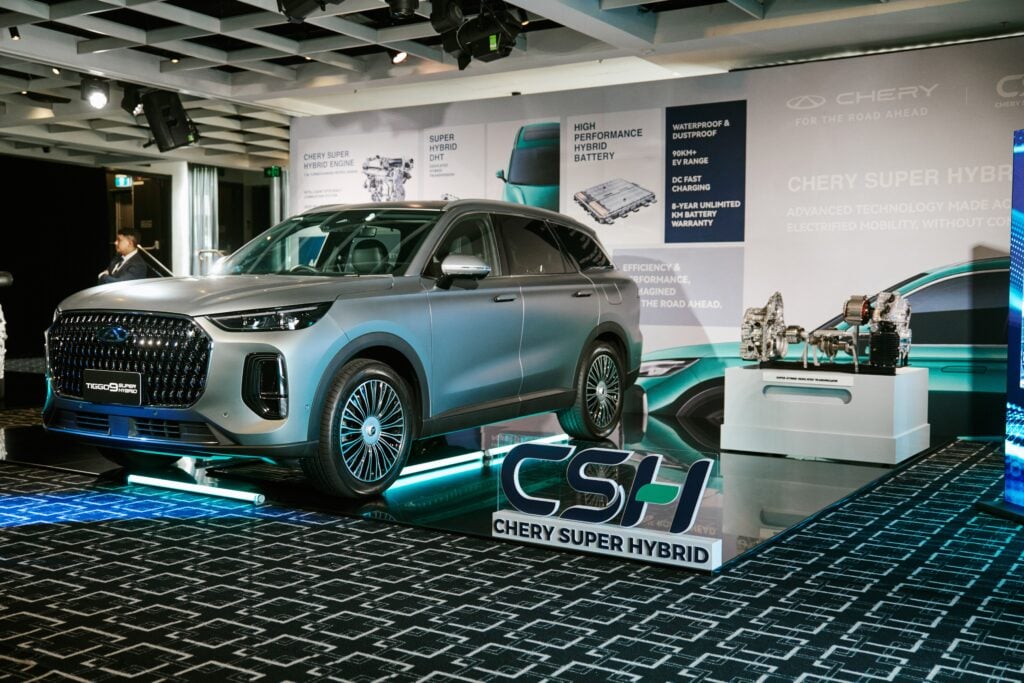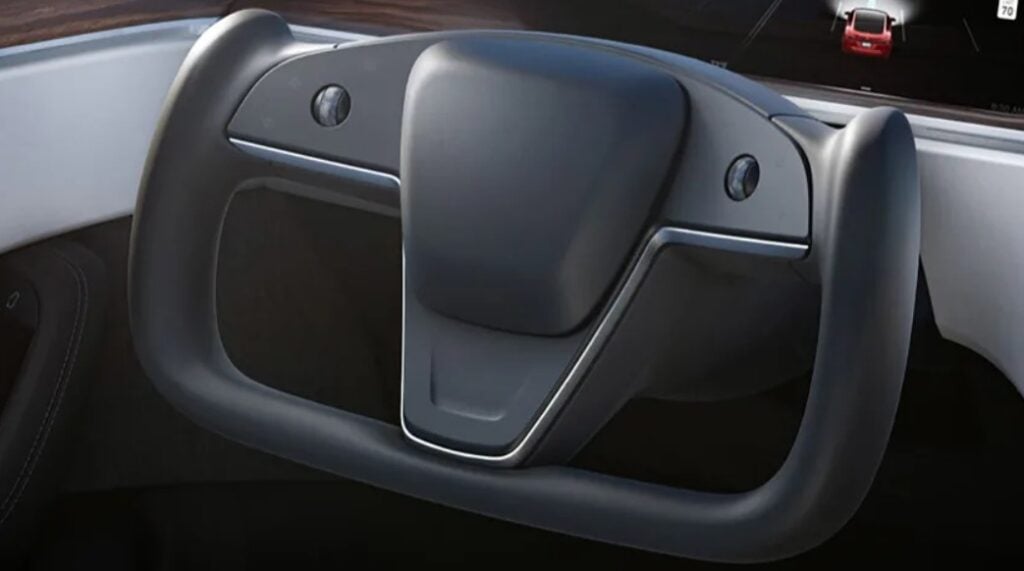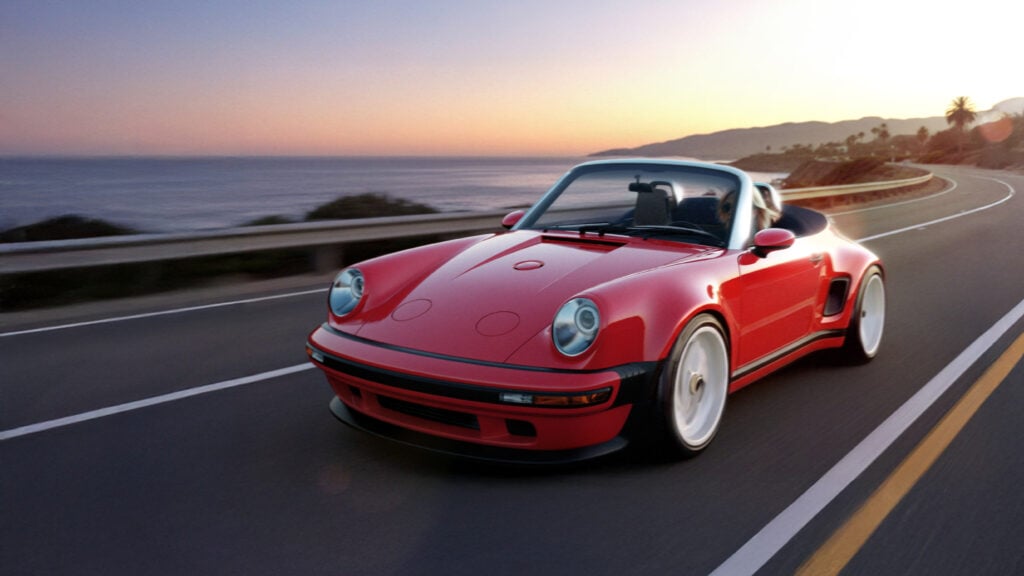COLES Express has been named as the most expensive place to buy petrol despite its shopper loyalty program, a report looking at the state of the industry shows.
The Australian Competition and Consumer Commission’s annual report into fuel prices has this year named and shamed the nation’s most expensive fuel retailers in 2017, some of whom tap into new customers via loyalty discounts.
The report found the major retailers such as Coles Express, BP and Caltex had the highest prices on average during the survey period. In contrast, independent chains such as Independent and 7-Eleven were cheaper than the market average across cities including Sydney, Melbourne, Brisbane, Adelaide and Perth.
“Our analysis of petrol prices shows the range between major retailers with the highest average price and lowest average price varied across each city considerably,” ACCC chairman Rod Sims said. “Independent chains were the lowest priced in each of the five major cities and Woolworths was generally below the market average price in most cities.
“Average prices at Coles Express were the highest in all five cities, and average prices at retail sites where BP and Caltex head office sets the retail price were generally above the market average price,” Sims said. “The majority of consumers tend to go to the same petrol station every time they fill up. This research shows it might be time to consider which station to fill up at.”
The report also looked at the difference in average fuel prices over the last decade. It found the range between major retailers charging the highest average price and those charging the lowest average price had increased significantly since 2007, with BP above the average in all five cities, and Caltex above the average “in the majority of the five cities”, the report said.
Australasian Convenience and Petroleum Marketers Association chief executive Mark McKenzie told Wheels that selling fuel was a complex business, with up to 2200 companies selling fuel through more than 6700 ACPMA member sites across Australia.
He said Coles Express’ share of the retail petrol market had fallen 17 percent over a six-month period in 2017 compared with the previous year based on what appeared to be a strategy of steering clear of the monthly discounting cycle in which other fuel retailers engaged.
“The reality is that the [pump] price moves over a 30- to 35-day period,” he said. “At the start of the period, everyone sets their price high. Then they start and play discount leapfrog and we get this dynamic market where the average price drops over the next 30 or so days until it drops below the retail price and people stop making money on it.”
McKenzie said the ACCC report was based on the incorrect assumption that fuel retailers all paid the same wholesale price for their fuel. He said the price differences also did not reflect the differences between retailers who were focused purely on offering cheap fuel, and those that also offered convenience services.
The consumer watchdog’s reported the average difference between the lowest- and highest-priced petrol retailers across the five cities was 6.3 cents a litre. The largest range was 9.5cpl in Sydney and the lowest was 3.6cpl in Melbourne.
The ACCC also took a parting shot at fuel retailers offering shopping discounts and “premium” branding.
“Some retailers may offer discounts to qualifying customers,” it said. “Examples of these include shopper docket discount arrangements of the supermarket chains, discount arrangements between some major retailers and state motoring organisations, and discounts associated with fuel cards.
“These offers may also influence a retailer’s pricing strategy. These differences need to be borne in mind when considering the average prices of the major retailers.
“Consumers should remember, however, that there are minimum standards for RULP that all retailers must adhere to, and RULP sold by an independent retailer is typically supplied by the same refinery or import terminal as that sold by a so called ‘premium brand’.”
In 2017, the Federal Government asked the competition watchdog to monitor the prices, costs and profits of the retail fuel industry over a two-year period. This is the first report resulting from the request.
Many petrol stations are not owned or run by the companies that display their signs out the front. Coles Express is run by a company called Eureka Operations, while Shell stores are run by a company called Viva Energy. Woolworths-branded petrol stations, meanwhile, are owned by BP.
Caltex Australia, meanwhile, plans to scrap its franchises and bring all its retail sites under its control by 2020.
Loyalty programs are big business for fuel retailers; buying Woolworths’ petrol station network in 2016 cost BP a lazy $1.8 billion.






